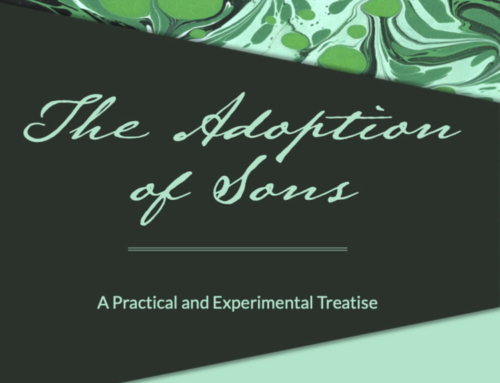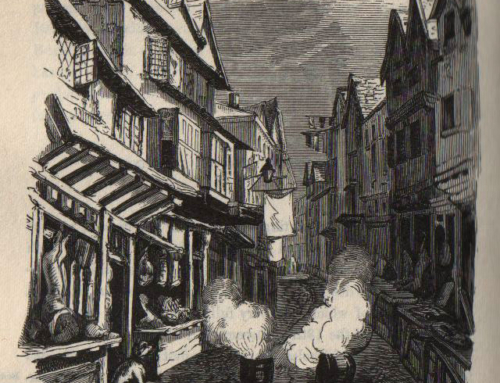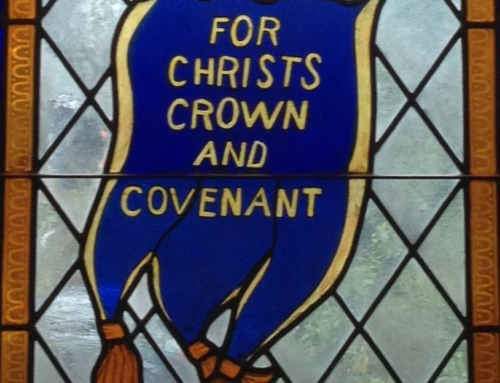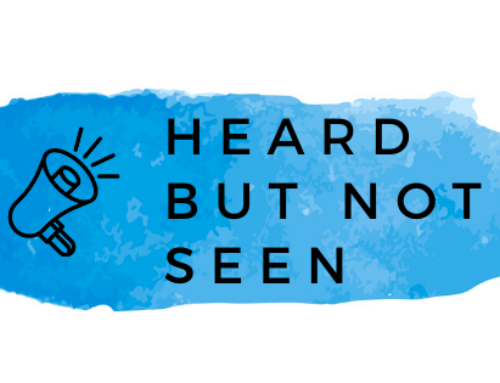Saturday 6th October marks the first ever Hebridean Pride event in Stornoway, the stated aim of which is to “show that it is okay to be different… that there is nothing wrong with being gay, lesbian, bisexual, transgender and anything in between.” This aim is problematic to Christians. Two buzz words which I have heard in connection with this event are “tolerance” and “love”. However, closer examination reveals that this event is neither truly tolerant nor truly loving.
To be tolerant is to accept the airing of different points of view. A tolerant person may listen to other viewpoints but retain the right to disagree. However, the Pride movement aims to go further. Tolerance is not enough; unreserved approval is demanded.
The very fact that Christians cannot approve of Pride events means that they are frequently decried as “intolerant”, “bigoted”, or “homophobic”. The Bible’s teaching on these issues is deemed to be completely unacceptable. Ironically, this attitude exposes the very intolerance at the heart of the LGBT movement.
While the event promises to be a “celebration of love”, true Christians cannot support it because the “love” that is celebrated is a watered-down replica of the real thing. The Bible calls us to love God and to love our neighbours as ourselves (Matthew 22:37-39).
A Christian loves God because he has been redeemed from a life of bondage to sin through the life, death, and resurrection of Jesus Christ. Our love towards God is the most important love that we give and it is shown by obeying His Word. The Bible teaches that God made humans as male and female (Genesis 1:27) – only two biological sexes. The Bible also is clear that marriage is to be between a man and a woman (Genesis 2:24) and that all sexual relations outside of marriage are wrong (Hebrews 13:4). Since the Bible states these things, Christians believe them to be true. For many in the LGBT community this is a difficult message to hear, but it is God’s message.
For Christians to accept “that there is nothing wrong with being gay, lesbian, bisexual, transgender and anything in between” would be an act of hatred towards God because it shows intolerance to His Word. The God of love does not approve of LGBT practices and therefore Christians cannot either.
God also calls us to love our neighbours as ourselves. Christians love even when it costs, just as Jesus loved us. Sometimes loving someone requires you to disagree with them and warn them of danger they are in. To turn a blind eye is a failure to love. This is the sort of love that Christians try to give to others, often imperfectly. It may seem like Christians hate so many things, but in reality Christians want all to come to a knowledge of the truth and to find reconciliation with God through Jesus Christ, thereby escaping eternal punishment. The main issue is not to try to make gay people straight, but rather to show that there is grace and peace to be found in the Lord Jesus Christ alone. All have sinned, but each in different ways. It doesn’t matter if your sin is different than mine, we both need deliverance and forgiveness. Only Jesus can do it.
I can understand why those living a LGBT lifestyle find it hard to be inside a church or find Christians difficult to tolerate. Our worldviews are in conflict and no matter how hard many try, they can’t be reconciled. Admittedly there are those who both claim to be Christians and endorse the Pride agenda, but can we not see through that? They are completely contradicting what God says and utterly failing to love their neighbours.
To those of you in the LGBT community, the Bible does not accept your practice or identity, things that are very dear to you. In many ways it seems to be a clear-cut choice for you: the Church which is painted as a “community of hatred” or the Pride movement which describes itself as a “celebration of love.” But let me emphasise again that real love is prepared to disagree with what is wrong and point to a better path. The path I would point you to is the way of Jesus, the way of Biblical repentance, forgiveness, and hope.
Rev Stephen McCollum






